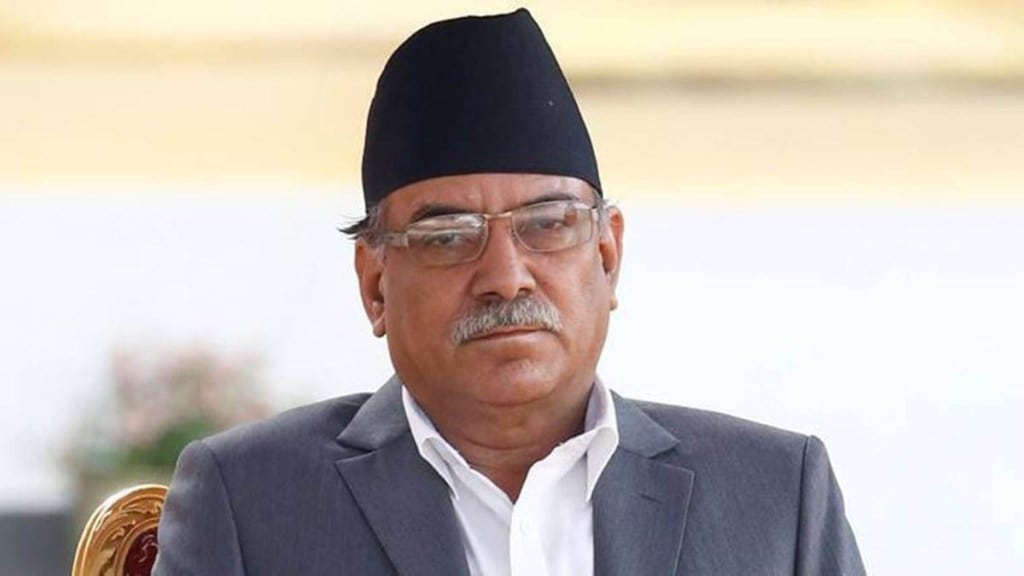Several agreements related to agriculture, energy, and trade, are on the agenda of bilateral talks when Prime Minister Narendra Modi meets his Nepalese counterpart Pushpa Kamal Dahal ‘Prachanda’, later this week. Focus will also be on connectivity, health, education and Development partnership between the two countries.
Accompanied by a high level delegation, his four day visit starting May 31-June 3 is his first bilateral overseas visit since he took office last December.
During his stay in Delhi, he will call on President Droupadi Murmu and Vice-President Jagdeep Dhankhar before he leaves for Ujjain and Indore. In Indore, Madhya Pradesh the Nepalese leader is expected to discuss with authorities about cleanliness initiatives and also the waste management system.
And other top dignitaries of India will call on the Prime Minister of Nepal.
Neighbourhood First Policy:
According to the official statement issued by the Ministry of External Affairs, the visit continues the tradition of regular high-level exchanges between the two countries in furtherance of the ‘Neighbourhood First’ policy. The bilateral cooperation in several years has strengthened over the last few years. And the forthcoming visit demonstrates the importance that both countries place in deepening bilateral partnership between the two nations.
It has been reported last year that Prachanda had visited India and had a meeting with external affairs minister Dr S Jaishankar and BJP president J P Nadda.
Territorial issues
China’s growing presence in Nepal is a major concern to India. There have been disputes over border territories between India and Nepal related to Kalapani, Lipulekh and Limpiyadhura.
Agreements
India and Nepal are also expected to sign agreements related to construction of transmission lines, and power trade as well as cooperation in fertilisers.
The two leaders are expected to also discuss a mutual legal assistance treaty (MLAT). Last month India and Nepal held the first round of negotiations on the MLAT in criminal matters which took place virtually and there were representatives from the Ministry of External affairs, Central Bureau of Investigation (CBI) and law. Once this is firmed up it will help to streamline and also speed up the process for seeking assistance in criminal cases. There is an extradition treaty which was signed back in October 1953.
Agreement related to energy
India and Nepal are expected to have an agreement which will allow the neighbouring Himalayan nation to sell power to Bangladesh. In recent years, both Nepal and Bangladesh have pressed India to allow transit power trade. The issue of importing power from Bhutan and Nepal has been raised by Prime Minister Sheikh Hasina of Bangladesh during her visit to India last year.
Recently this was also raised by the foreign minister of Nepal Narayan Prakash Saud when he visited Dhaka in mid-May, and during his meetings there he urged the Bangladeshi companies to invest in the Hydropower sector in Nepal.


